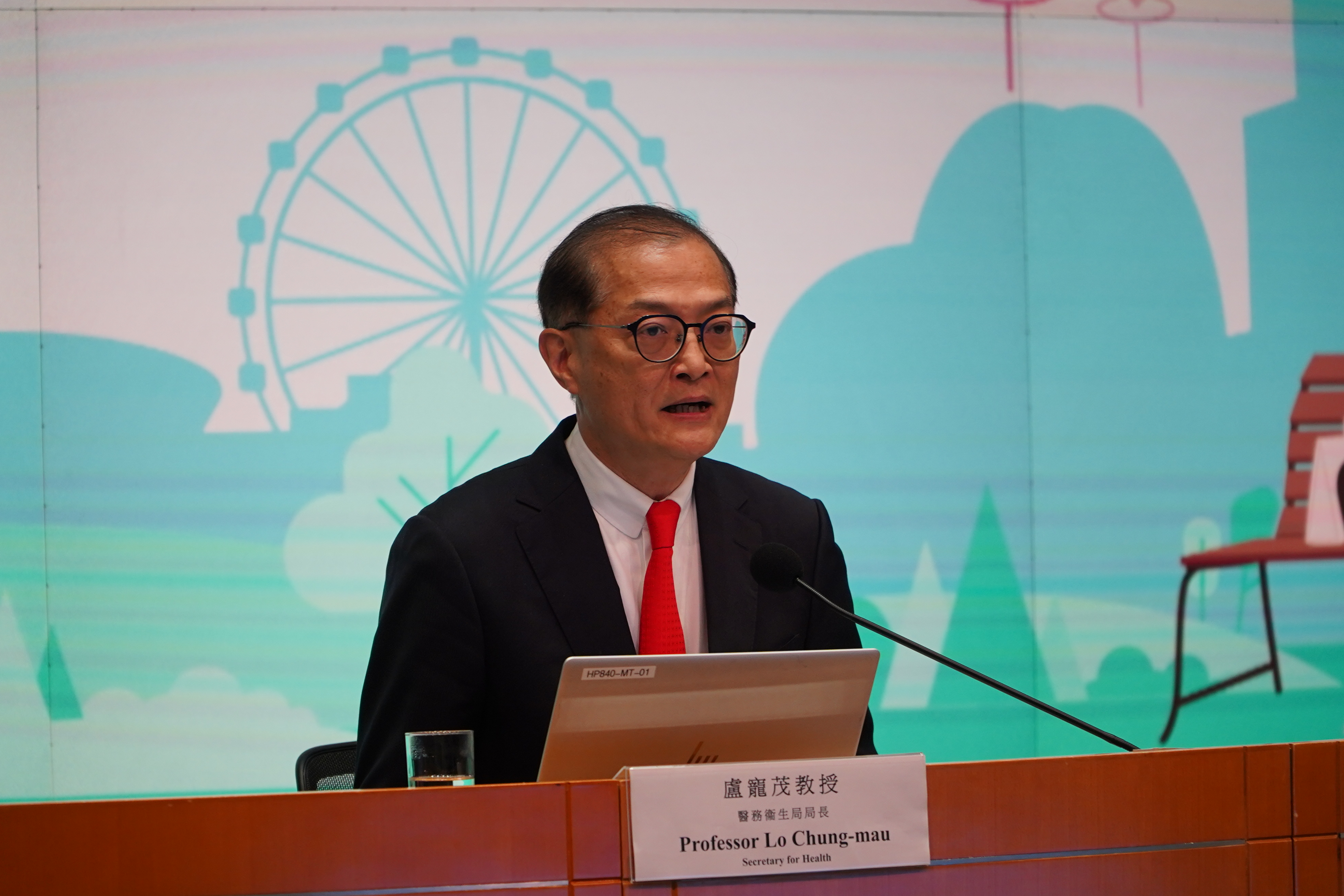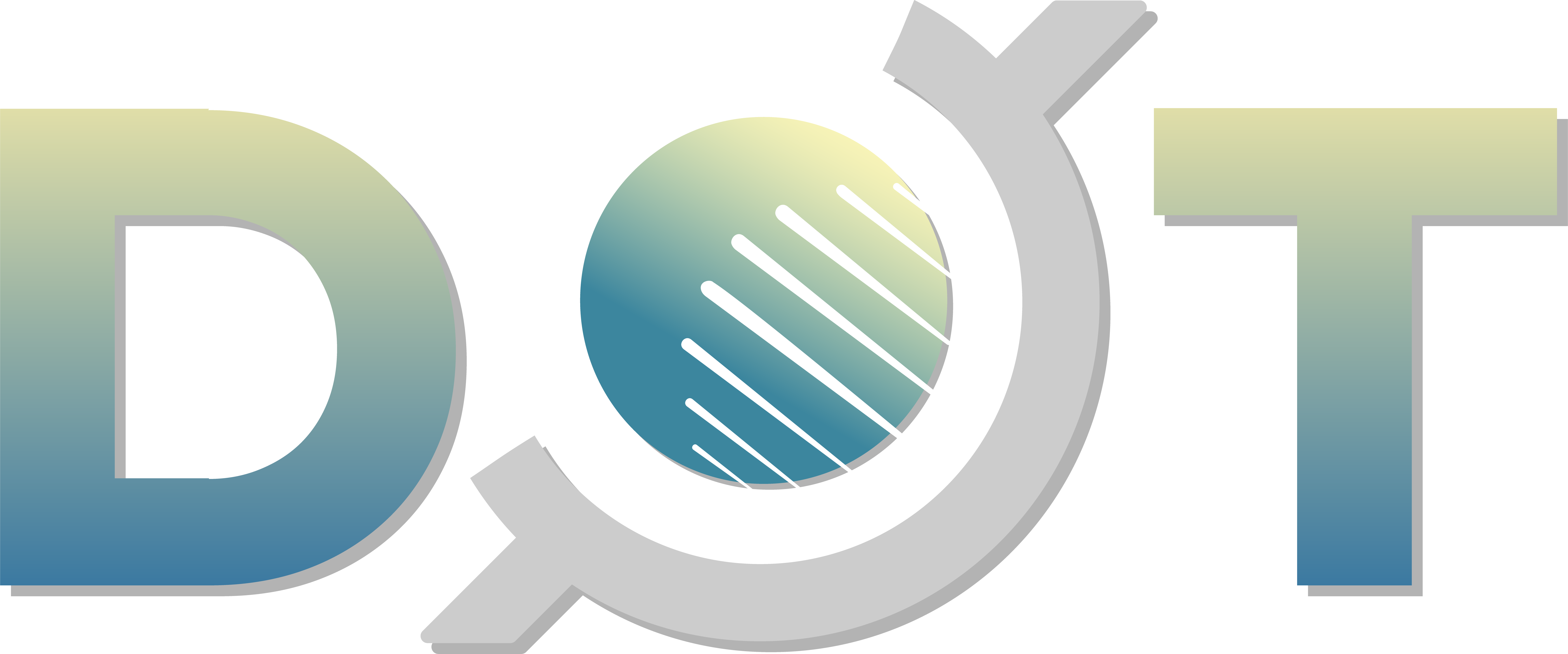Govt announces list of medical institutions under Elderly Health Care Voucher Greater Bay Area Pilot Scheme

The Government announced today (February 19) that seven medical institutions in the Guangdong-Hong Kong-Macao Greater Bay Area (GBA) have been included in the Elderly Health Care Voucher Greater Bay Area Pilot Scheme (Pilot Scheme), offering eligible Hong Kong elderly persons additional options of services points for using the Elderly Health Care Vouchers (EHCVs) in the GBA. Among the medical institutions included in the Pilot Scheme, five of them provide integrated services including dental services while the other two are dental institutions. The pilot medical institutions are expected to gradually launch the relevant arrangements under the Pilot Scheme starting from the third quarter of this year and enable eligible Hong Kong elderly persons to use EHCVs to pay for services received. It is estimated that some 1.7 million eligible Hong Kong elderly persons will benefit from the Pilot Scheme.
Since the Chief Executive announced in his 2023 Policy Address the extension of coverage of the EHCVs to suitable medical institutions in the GBA, the Health Bureau and the Department of Health (DH) have been strenuously taking forward the relevant work, including conducting market research, seeking opinions and recommendations from the Health Commission of Guangdong Province, and conducting site visits between last November and early February this year.
In the process of considering GBA medical institutions for the Pilot Scheme, the Government had taken into account eight key factors, namely physical locations, service quality, experience in management and operation, service scope, service capacity, fee standards and level, fair knowledge of the operation of the Elderly Health Care Voucher Scheme (EHVS) and availability of advantageous services.
Seven medical institutions were included in the Pilot Scheme (see website for details) and they are:
To provide integrated services (all with dental services)
----------------------------------------------------------------------
* The First Affiliated Hospital, Sun Yat-sen University in Guangzhou
* Nansha Division of the First Affiliated Hospital, Sun Yat-sen University in Nansha
* ZhongShan Chenxinghai Hospital of Integrated Traditional Chinese and Western Medicine in Zhongshan
* Dongguan Tungwah Hospital in Dongguan
* Shenzhen New Frontier United Family Hospital in Shenzhen
To provide dental services only
-----------------------------------
* Shenzhen C.K.J Stomatological Hospital in Luohu District of Shenzhen
* Dental Bauhinia Specialty Service Center (Shenzhen)/Dental Bauhinia General Care Center (Shenzhen) in Futian District of Shenzhen
Apart from using the EHCVs to pay for services provided by Hong Kong healthcare professionals enrolled in the EHVS, eligible EHCV Hong Kong elderly users will also be entitled to use EHCVs to receive services at nine GBA medical institutions in the future. These nine medical institutions include the two current service points operated by the University of Hong Kong-Shenzhen Hospital (HKU-SZH) at its hospital and at the Huawei Li Zhi Yuan Community Health Service Center. The service scope eligible for claims for the EHCVs at the seven pilot medical institutions will be largely the same as that in the HKU-SZH. Elderly persons can use the EHCVs to pay for outpatient healthcare services they received at designated medical centres or medical service departments. However, EHCVs are not applicable to inpatient services, prepaid healthcare services and day surgery procedures. In addition, EHCVs can neither be used for the sole purchase of goods, medication, medical equipment and products, nor be redeemed for cash.
The Secretary for Health, Professor Lo Chung-mau, said, "The Pilot Scheme announced today marks breakthroughs of the EHVS in the Mainland in four areas: (1) the first time to have service points located beyond Hong Kong and Shenzhen, covering the core area of the GBA; (2) the first time to see participation of Grade III Class A high-quality Mainland medical institutions that do not involve any Hong Kong investments; (3) the first time for private medical institutions to enrol in the EHVS; and (4) the first time for professional dental institutions’ enrollment. We have gone through a meticulous process in selecting the seven medical institutions with strategic planning in mind to cover the entire Pearl River Delta area for caring for Hong Kong elderly persons residing in the GBA.
"We have two objectives for implementing this Pilot Scheme. Firstly, it aims to provide more convenience and flexibility for eligible Hong Kong elderly persons residing in Mainland cities in the GBA by providing more service point options for them to utilise EHCVs to meet their primary healthcare needs and improve health condition. Secondly, it is intended to allow eligible Hong Kong elderly persons to use their EHCVs for receiving dental services across the boundary at medical institutions in Shenzhen or even other Mainland cities in the GBA, with a view to addressing the pressing demand of Hong Kong elderly persons in seeking dental services.
"I would like to express my heartfelt gratitude to the Health Commission of Guangdong Province and relevant health commissions/bureaux of various cities for their valuable advice in the process of pressing ahead the Pilot Scheme, ranging from selection of high-quality medical institutions to the Mainland regulations which are relevant and conducive to the future monitoring of areas concerning the healthcare quality and fee level."
The DH is working on the follow-up arrangements with various pilot medical institutions, such as personnel training, financial arrangements and system configuration. The Government will also arrange for the HKU-SZH to share with all pilot medical institutions its experience and practical arrangements on the use of EHCVs in a bid to ensure smooth operation in the future. The Government expects that the pilot medical institutions will gradually launch the relevant arrangements under the Pilot Scheme starting from the third quarter of this year, with details to be announced in due course.
To ensure the proper use of public money, the DH will further examine the details of a monitoring mechanism for the Pilot Scheme so as to refine relevant arrangements. The DH will also keep in touch with the health authorities of the Mainland and solicit their assistance when necessary.
Launched by the Government in 2009, the EHVS currently subsidises eligible Hong Kong elderly persons aged 65 and above with an annual voucher amount of $2,000 (with the accumulation limit set at $8,000) for them to choose in their own community private primary healthcare services that best suit their health needs. Last year, the Government successfully implemented three enhancement measures to the EHVS:
(i) extended the coverage of EHCVs to audiologists, dietitians, clinical psychologists and speech therapists;
(ii) allowed shared use of EHCVs between spouses; and
(iii) rolled out the three-year Elderly Health Care Voucher Pilot Reward Scheme (Pilot Reward Scheme) to provide rewards as incentives for elderly persons to make good use of EHCVs on healthcare services such as continuous preventive care and chronic diseases management
The aforementioned shared use arrangements of EHCVs between spouses and the Pilot Reward Scheme are also applicable to the Elderly Health Care Voucher Greater Bay Area Pilot Scheme.
Members of the public may browse the EHVS website (www.hcv.gov.hk) or call the EHVS hotline (2838 2311) for more information on the EHVS.








Comment